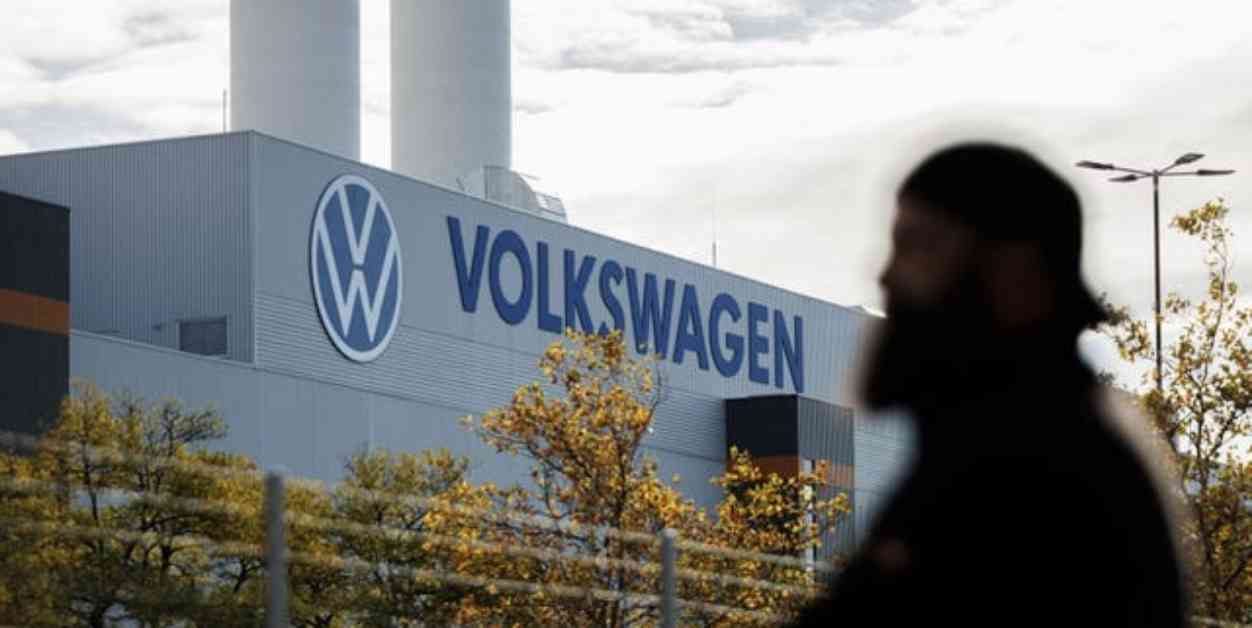Volkswagen’s Latest Union Agreement Saves German Plant Jobs
In a groundbreaking move, Volkswagen has reached an agreement with European union workers that will prevent the closure of up to three German factories and mass strikes. The deal, which includes “socially responsible” job cuts for over 35,000 German factory workers by 2030, marks a significant milestone in the brand’s history, as it navigates a challenging economic landscape.
The Negotiation Process and Implications
The negotiations between Volkswagen and the powerful workers’ union have been intense, with the threat of strikes looming large. The agreement to save jobs and prevent factory closures comes after months of uncertainty and tension within the company. The deal also involves a reduction in factory production by 734,000 units, with a goal to save 15 billion euros annually in the “medium term.”
Volkswagen’s decision to cut costs and streamline operations is a response to economic challenges in Europe, declining sales in China, and the potential impact of Chinese automotive imports. The cost-saving measures, including a 10 percent pay cut for all staff and no salary increases for the next two years, reflect the company’s commitment to long-term sustainability.
Impact on Production and Workers
The closure of three German plants would have had far-reaching consequences, affecting not only the company’s bottom line but also the livelihoods of thousands of workers. Volkswagen’s presence in Germany is significant, with a large percentage of its global workforce based in the country. The potential loss of jobs and production capacity raised concerns among employees and union representatives.
While Volkswagen’s top-selling vehicles in the United States, such as the Tiguan and Jetta, are produced in Mexico, the production of iconic models like the Golf R and GTI in Wolfsburg faced uncertainty. The threat of delays and disruptions in production underscored the importance of reaching a resolution to safeguard jobs and maintain operational efficiency.
Looking Ahead
As Volkswagen navigates the challenges of a changing automotive landscape, the recent agreement with union workers represents a step towards stability and sustainability. The company’s commitment to responsible job cuts and cost-saving measures signals a strategic shift towards long-term viability in a competitive market. With the support of its workforce and stakeholders, Volkswagen aims to overcome current challenges and emerge stronger in the years to come.










